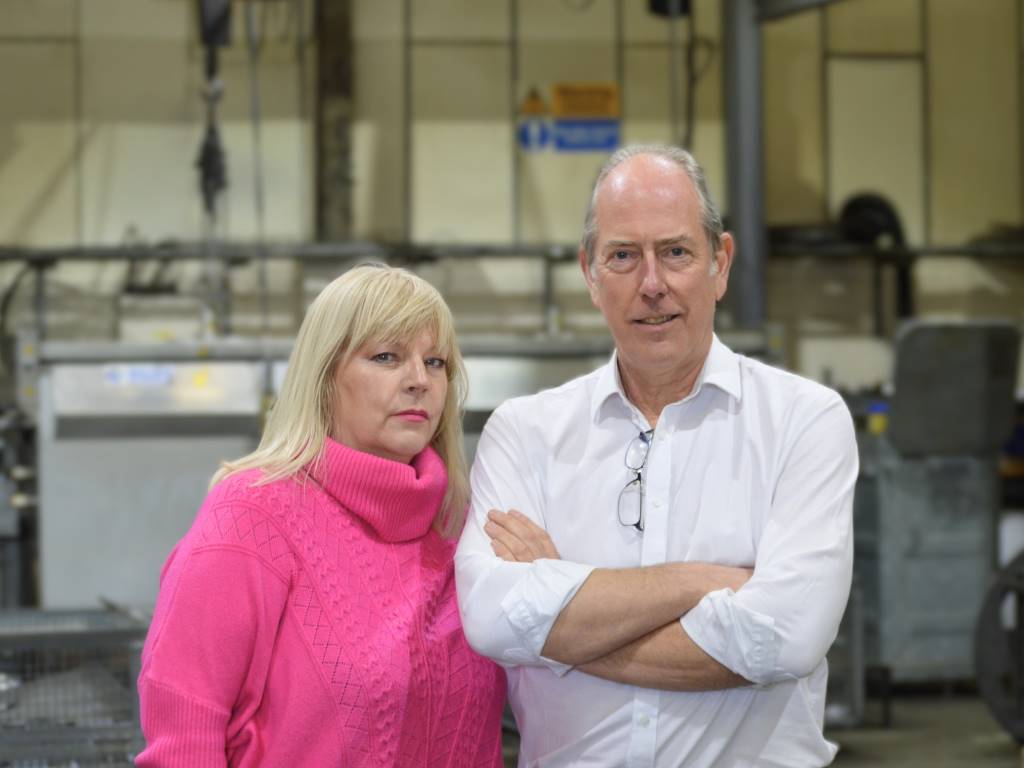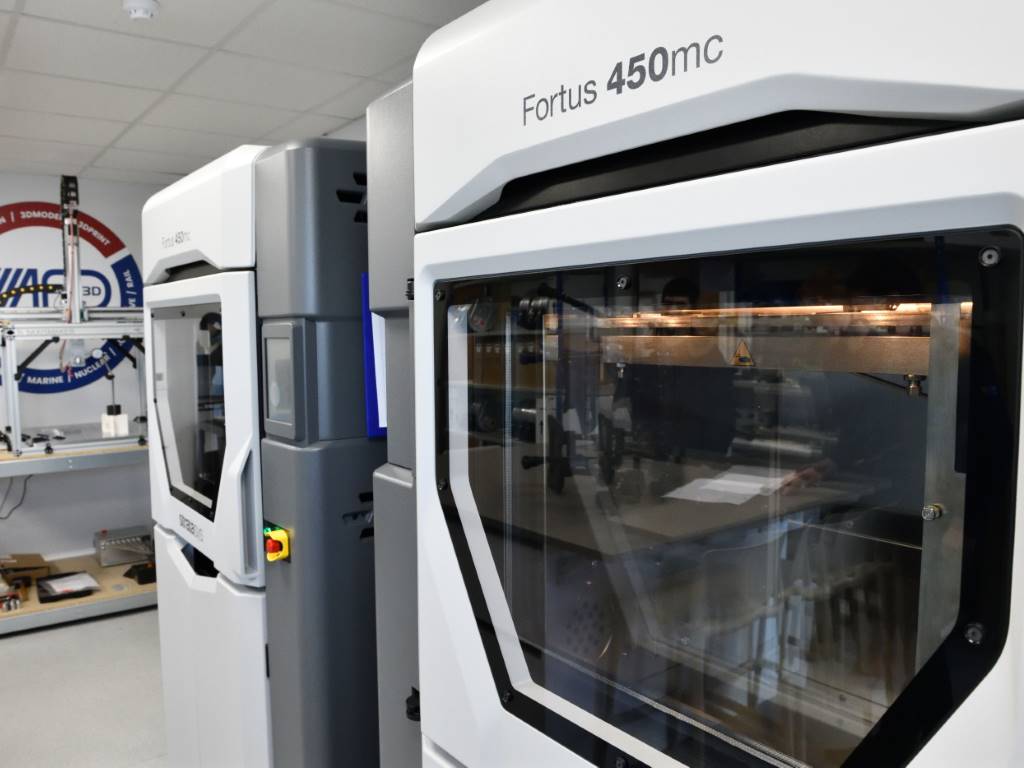Smart factories not enough for sector to reach Industry 4.0

Smart factories alone are not enough if the global manufacturing sector is going to fully embrace the opportunities presented by Industry 4.0. Instead, businesses need to concentrate their efforts on creating smart value chains, which connect people, products and communities.
That’s the view from businesses including Hewlett Packard Enterprise, Rolls-Royce, Airbus, Hilti, GE Oil and Gas, The MTC, and ABB which made up the panel at a Manufacturing Forum, organised by The Economist Events. During the event, manufacturing leaders heard how the industry is rapidly evolving in order to cater for different audiences, respond to more challenging demands, and continually innovate to remain successful.
Event sponsor Hewlett Packard Enterprise calls this Connected Manufacturing, but insists that digitising a production facility and creating smart factories is not enough if the sector is going to fully embrace Industry 4.0. Instead, manufacturers need to utilise data as a currency to turn smart factories into smart value chains, connecting everyone from customers, suppliers, partners and even consumer audiences.
Martin Rainer, vice president and head of manufacturing industry at Hewlett Packard Enterprise comments: “If we are going to truly digitise the manufacturing industry and take full advantage of the opportunities presented by Connected Manufacturing, we need to digitise our entire value chains, not just our factories.
“Manufacturers need to start looking beyond their traditional boundaries and think about connecting everybody in the value chain from third party logistics providers to R&D departments to partners, customers and even consumers.
“The manufacturing industry is changing fast,” he continues. “With the rise of demanding customers, availability of digital technologies and the individualisation and immediacy of products that this creates, manufacturers are being forced to understand the vision of consumers, and service both b2b and b2c markets. This makes it even more important to find out who is dictating value in the value chain, and to digitise entire communities around that value.”
Alisa Adel, head of industrial technology, partnerships and business development at Airbus revealed that there are a staggering four million parts in an Airbus 380, manufactured in 1,500 factories in 30 countries around the world. She made the point that often, the most valuable components of any supply chain are the innovative SME communities that feed into it.
Martin Rainer agrees: “We need to stop managing the supply chain and start collaborating with it instead. Some manufacturers are already digitising operations and integrating Tier One suppliers into this process but to create smart supply chains, we also need to collaborate with, and integrate, Tier Two and Tier Three suppliers into any digitisation strategy.
“Once manufacturing business understand who makes up their supply chains, they can start to identify value and digitise their infrastructure and architecture around this, to create added value. If the sector is to take full advantage of the opportunities that Connected Manufacturing presents, we need to integrate technology, not just implement it, and any digitisation strategy needs to come out of the factory walls and include the entire supply chain.”
Business Value Exchange (BVEx) www.bvex.com/manufacturing
Economist Events http://www.economist.com/events-conferences/emea
Hewlett Packard Enterprise www.hpe.com














